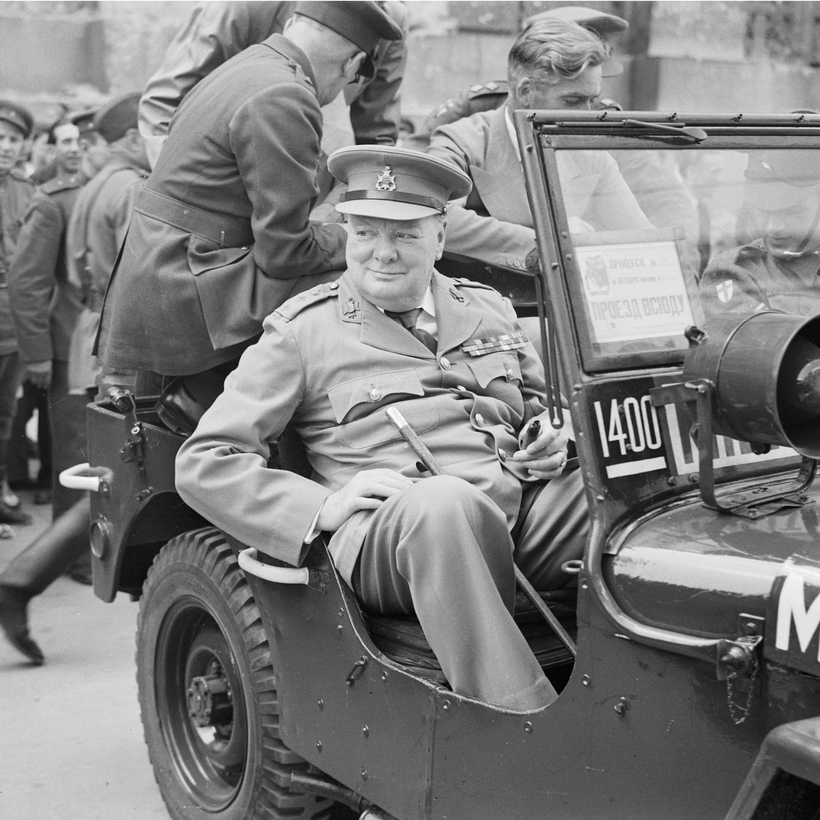Four of the “grand strategists” of World War II were molded by their experiences of World War I. These, as Phillips Payson O’Brien, professor of strategic studies at the University of St. Andrews, reminds us, were varied and contrasting. While Winston Churchill served as Britain’s first lord of the admiralty and minister of munitions—with a six-month period as the commander of a battalion in France in between—Adolf Hitler was languishing as an obscure runner in an insignificant regiment on the Western Front. While Franklin D. Roosevelt was overseeing the building of ships and prioritizing the allocation of resources as assistant secretary of the navy, Benito Mussolini was writing bellicose articles for his own ultra-nationalist newspaper and avoiding being shot by the Austrians in the mountains above the Isonzo River.
The lessons they learned from these years were equally diverse. As a naval man steeped in the teachings of the American naval strategist Alfred Thayer Mahan, Roosevelt believed first and foremost in the value of sea power: “We all know more or less that our Navy is the first line of defense and we all realise that the definition of the word ‘defense’ does not mean the prevention of hostile armed forces from landing on our seaboard,” proclaimed the future president in 1917.


